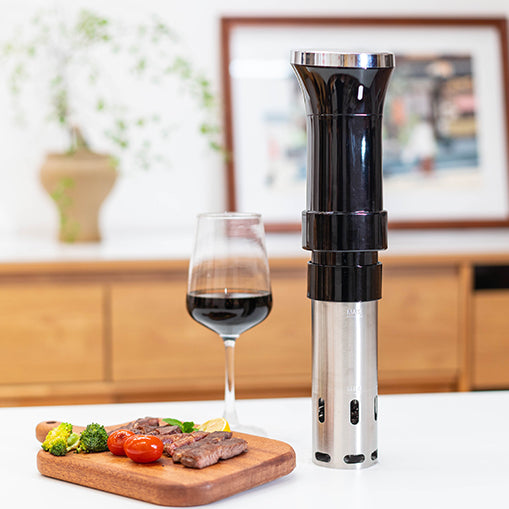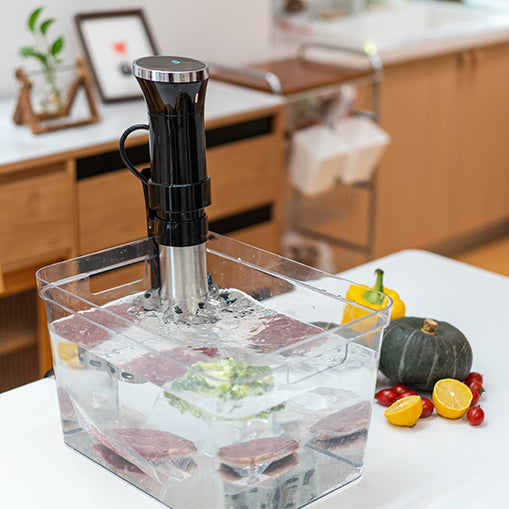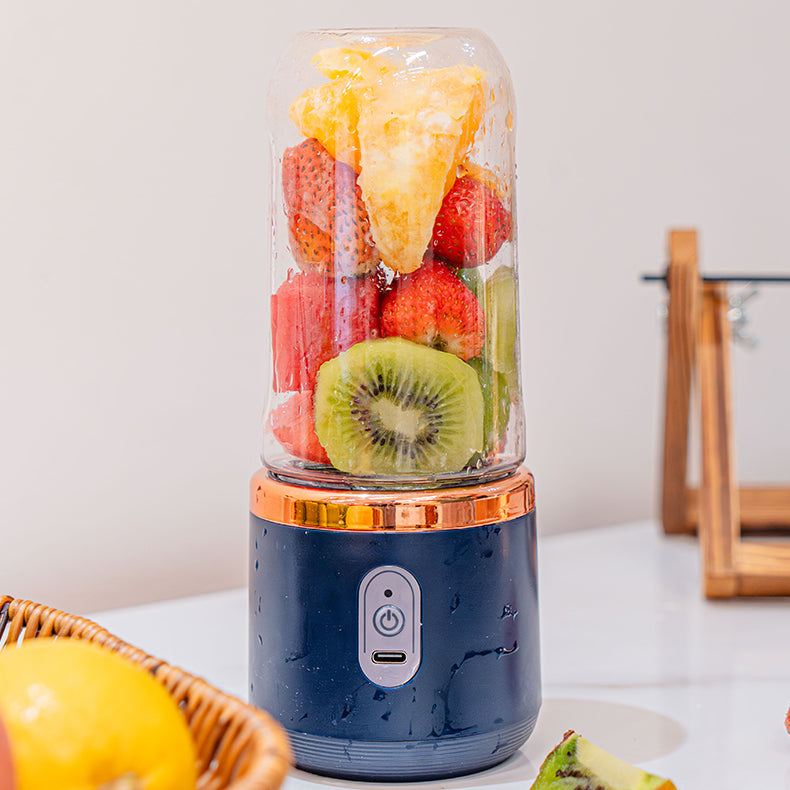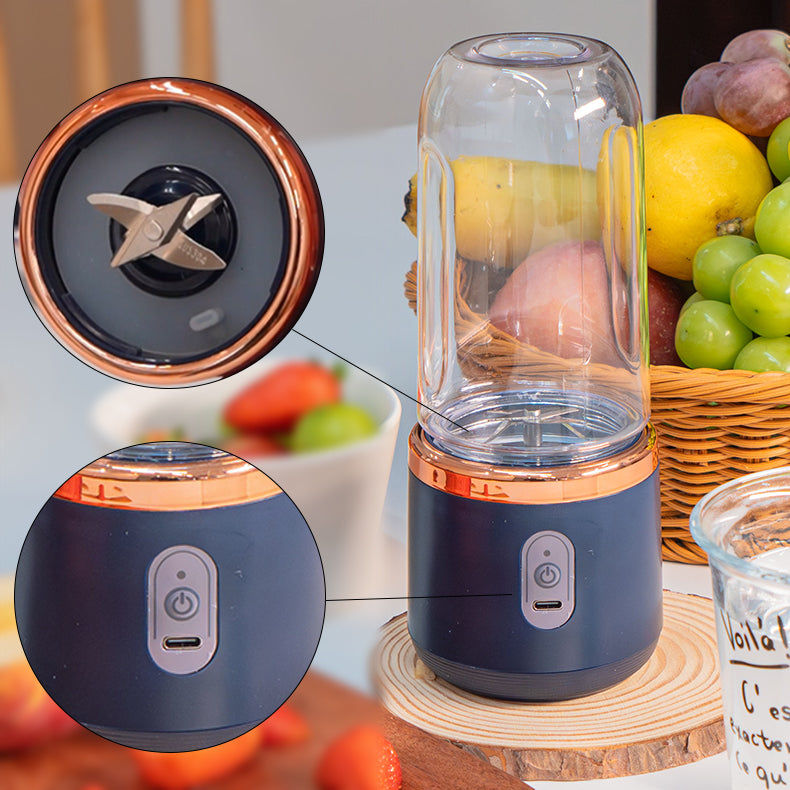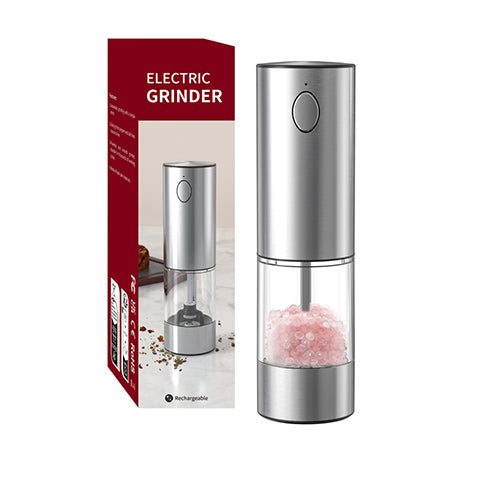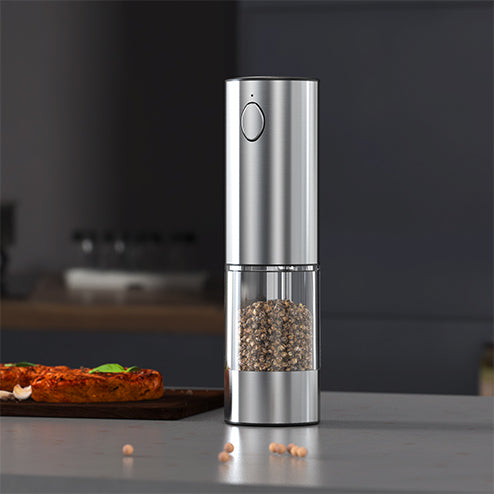Ever found yourself feeling queasy after savoring that beloved morning cup of joe? You're not alone. While coffee delights countless with its rich aroma and energizing properties, for some, it can evoke an unwelcome sensation of nausea. So why does coffee make me nauseous?
Fret not! In this article, we'll unravel the mysteries behind this perplexing phenomenon and equip you with practical strategies to bid adieu to coffee-induced discomfort. Whether you're a devoted coffee aficionado or a casual sipper, understanding the nuances of why is coffee making me nauseous all of a sudden and how to stop nausea after drinking coffee can transform your daily brew into a delightful ritual.

Why Do I Feel Nauseous After Drinking Coffee?
Now let's come directly to the point to pinpoint the common reasons why coffee makes you feel weird instead of invigorated. Understanding these potential reasons behind your coffee-induced nausea can empower you to make informed choices about your caffeine consumption and overall well-being.
Acidity
Coffee's natural acids can be harsh on the stomach lining, especially for those with sensitive tummies. When consumed on an empty stomach, these acids can trigger irritation, leading to nausea. Opting for a light snack before your coffee can help buffer the acidity and ease digestive discomfort.
Additives
While coffee itself may be innocent, the extras we add can be troublemakers. Dairy products or sweeteners commonly mixed into coffee can exacerbate nausea for some individuals. Consider skipping the creamer or sugar to see if your stomach feels better without them.
Overconsumption
Too much of a good thing can backfire, especially when it comes to coffee. Downing excessive amounts can overwhelm your digestive system, resulting in nausea and other unpleasant gastrointestinal symptoms. Keep your coffee intake in check to avoid these unwelcome side effects.
Interaction with Medications
Coffee can clash with certain medications, stirring up gastrointestinal woes like nausea. Whether it's antibiotics or other prescriptions, it's crucial to be aware of potential interactions that could leave you feeling queasy. Consult your healthcare provider if you suspect your coffee habit might be at odds with your meds.
Dehydration
Coffee's diuretic properties mean it can leave you parched if you guzzle too much. Dehydration not only zaps your energy but can also worsen feelings of nausea. Balance out your coffee consumption with plenty of water to stay hydrated and ward off the queasy.
Hormonal Changes
Caffeine's impact on hormones like cortisol can throw your body for a loop, particularly during times of stress. Elevated cortisol levels can disrupt your digestive system and contribute to feelings of nausea. Practice stress management techniques and consider cutting back on coffee during particularly tense periods.
Association Aversion
Sometimes, it's not the coffee itself but the memories or associations tied to it that trigger nausea. If past experiences of feeling queasy after drinking coffee have left a lasting impression, your body might react negatively to the mere smell of it. Unfortunately, there's no easy fix for this psychological aversion, but experimenting with different brewing methods or flavors might help lessen the discomfort.

How to Get Rid of Coffee Nausea?
Since we know why is coffee making me nauseous, we need to take some measures to prevent this discomfort. Here's how to kick that coffee-induced nausea to the curb:
Eat Something Before a Coffee
Before reaching for your coffee, indulge in a light snack to line your stomach and mitigate the acidic onslaught. Opt for something gentle on the tummy, like a banana or a slice of whole-grain toast, to provide a buffer against nausea-inducing acids.
Hydrate
Counteract coffee's dehydrating effects by guzzling water alongside your brew. Staying hydrated can help alleviate nausea and prevent it from worsening due to dehydration. Aim to sip water throughout the day to maintain balance and keep nausea at bay.
Choose Low-Acid Options
If acidity is the culprit behind your coffee-induced nausea, consider switching to a low-acid brew. Look for coffee varieties labeled as "smooth" or "low-acid" to minimize stomach irritation and discomfort. Alternatively, opt for cold brew coffee, which tends to be less acidic than its hot counterpart.

Limit Additives
Dairy and sweeteners can exacerbate nausea for some individuals. If you suspect these additives are to blame, try drinking your coffee black or with minimal enhancements. Experiment with non-dairy alternatives like almond or oat milk, or opt for natural sweeteners like honey or stevia.
Moderate Your Consumption
While it may be tempting to guzzle coffee throughout the day, moderation is key to avoiding nausea and other gastrointestinal woes. Stick to the recommended daily limit of caffeine (about 400 milligrams for most adults) and pace yourself to prevent overstimulating your system.
Be Mindful of Medications
If you're taking medication, consult with your healthcare provider to determine if there are any potential interactions with coffee that could be contributing to your nausea. Adjusting medication timing or dosage may help mitigate symptoms.
Practice Stress Management
Since stress can exacerbate nausea, incorporating stress-reducing practices into your daily routine can help alleviate coffee-induced discomfort. Whether it's yoga, meditation, or deep breathing exercises, finding ways to unwind can support your overall well-being and minimize the likelihood of nausea.
Conclusion
While coffee is a beloved beverage for many, it can trigger nausea in some individuals due to various factors such as acidity, additives, overconsumption, etc. Understanding these potential culprits and how to stop feeling nauseous after drinking coffee can help enjoy your morning cup of coffee without the unwelcome side effects. Experiment with different approaches here to find what works best for you, and bid farewell to coffee-induced nausea for good.

